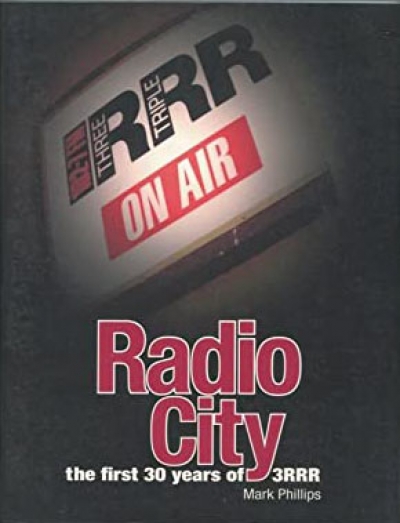Archive
Film | Theatre | Art | Opera | Music | Television | Festivals
Welcome to ABR Arts, home to some of Australia's best arts journalism. We review film, theatre, opera, music, television, art exhibitions – and more. To read ABR Arts articles in full, subscribe to ABR or take out an ABR Arts subscription. Both packages give full access to our arts reviews the moment they are published online and to our extensive arts archive.
Meanwhile, the ABR Arts e-newsletter, published every second Tuesday, will keep you up-to-date as to our recent arts reviews.
Recent reviews
‘Welcome to the Netherlands!’ the sign says in Dutch and English. The Schipol customs official inspects my Australian passport. ‘Nederlands geboren,’ he sniffs. ‘Zo je komt terug.’ So you’ve come back, he adds, in a tone suggesting that I might have left something behind minutes ago, rather ...
... (read more)‘I wonder this wall can bear the weight of such words’
Graffiti on a wall in Pompeii
Terra Australis Incognita: The Spanish quest for the mysterious Great South Land by Miriam Estensen
SAMUEL TAYLOR COLERIDGE: A LITERARY LIFE by William Christie
This year I have read too many American political quickies, and large numbers of somewhat more satisfying detective stories. Amid the revelations about Hillary Clinton’s childhood, and the equally fictitious accounts of intrigue in Istanbul and Venice, a couple of books stand out. Andrew Wilson’s The Lying Tongue (Text) and Stephen Eldred-Grigg’s Shanghai Boy (Vintage) are ‘gay books’ that speak to themes other than sexuality, and deserve to be better known. Although ultimately too improbable, Andrew McGahan’s Underground (Allen & Unwin) evokes rather well a left-wing dystopia, centred on a Howard-like government. As for nonfiction, Tony Judt’s Postwar: Europe since 1945 (Heinemann), while telling us more about Poland and less about Spain than we need know, is a fascinating reminder of the Cold War era, evoked for the other side of the Atlantic in Thomas Mallon’s novel Fellow Travellers (Pantheon).
... (read more)






